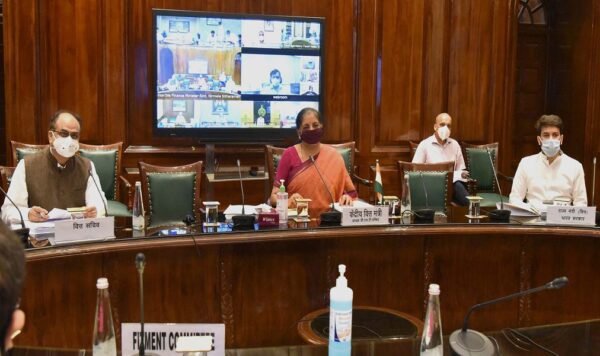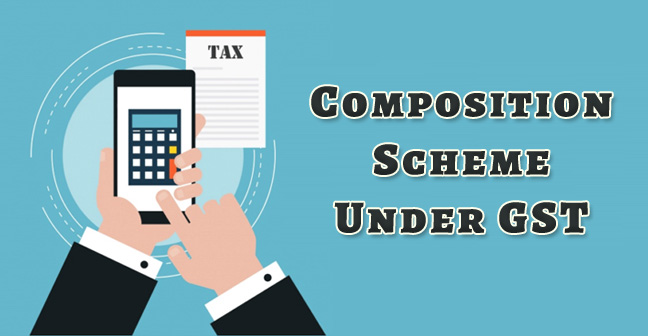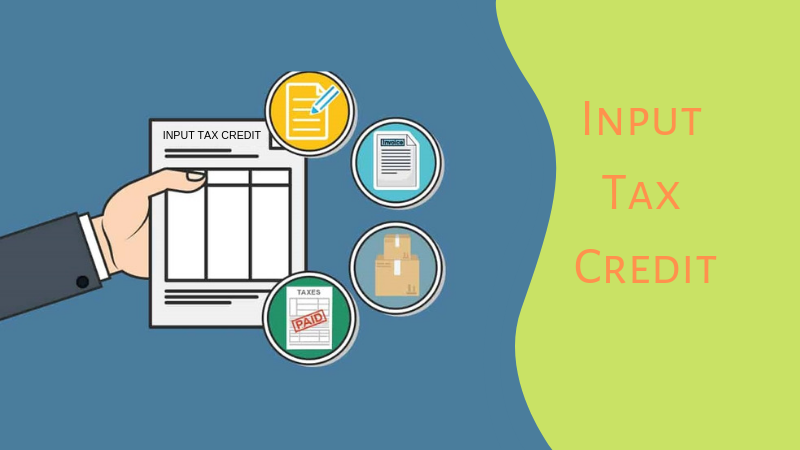CBIC has vide Circular No. 241/35/2024-GST dated December, 31, 2024 has given a clarification in regard to availing of input tax credit wherein when the goods would be regarded as ‘received’ has been clarified. For ready reference the contents of the Circular are briefed as under:
In automobile sector, the contract between the automobile dealers and the Original Equipment Manufacturers (OEMs) is generally an Ex-Works (EXW) contract, and as per the terms of the contract, the property in goods (i.e. vehicles) passes to the dealer at the factory gate of the OEM, when the goods are handed over to the transporter at the instance of the dealer, and the delivery on the part of the OEM is complete at his factory gate. The transport may be arranged by the OEM on behalf of the dealer and where insurance is arranged, it may also be done on behalf of the dealer. Any claim in case of loss has to be lodged by the dealer. The dealer also duly accounts for the invoice in his books of accounts on such delivery of the vehicles at the factory gate of the OEM. The dealer avails ITC on the date the vehicles are billed to him and handed over to the transporter by the OEM at his factory gate.
In the instant case, as per the terms of the EXW contract between the dealer and the OEM:
a) the goods are being handed over by the OEM to the transporter at his factory gate for onward transmission to the dealer;
b) transport is arranged by OEM on the behalf of dealer; and
c) if insurance is arranged, it is done on the behalf of dealer and any claim in case of loss has to be lodged by the dealer.
In such a scenario, the property in the said goods can be considered to have been passed on to the dealer by the OEM upon handing over of the said goods to the transporter at his factory gate, meaning thereby that the goods can be considered to have been delivered to the registered person (the dealer), through the transporter, by the supplier (the OEM) at his factory gate and the supply of the said goods can be considered to have fructified at the factory gate of the OEM, even though the goods may be physically received by the registered person (the dealer) after the transit period.
Accordingly, it is clarified that as per Explanation to section 16(2)(b) of CGST Act, the registered person (the dealer) can be considered to have “received” the said goods at the time of such handing over of the goods by the supplier to the transporter, at his factory gate, for their onward transmission to the said registered person (the dealer).
The same principle is applicable in respect of supply of other goods also where the contract between the supplier and recipient is an EXW contract, and as per terms of the contract, the goods are to be delivered by the supplier to the recipient, or to any other person (including a transporter) on behalf of the recipient, at his (supplier’s) place of business and the property in the goods stands transferred to the recipient at the time of such handing over. In such cases, the said goods can be construed to have been “received” by the said recipient at the time of handing over the said goods to the recipient or to the transporter, as the case may be, as per provisions of section 16(2)(b) of CGST Act.
It is also mentioned that as per provisions of section 16(1) of the CGST Act, a registered person is entitled to input tax credit only in respect of supply of goods or services or both, which is used or intended to be used in the course or furtherance of business. Therefore, the input tax credit may be available to the registered person on such receipt of goods by the said registered person from the supplier at his (supplier’s) factory gate or business premises, subject to fulfilment of other conditions of section 16 and section 17 of CGST Act, including the condition that the said goods are used or intended to be used in the course or furtherance of business by the said registered person.
It is also to be noted that if the goods are found to have been diverted for non-business purposes at any stage, either before physically receiving the said goods at his business premises or subsequently, the registered person shall not be entitled to input tax credit on such goods in terms of section 16(1) of CGST Act. Further, if at any time after “receiving” the goods, such goods are lost, stolen, destroyed, written off or disposed of by way of gift or free samples, the registered person would not be entitled to the input tax credit in respect of such goods as per provisions of section 17(5)(h) of CGST Act.
Frah Saeed is a law graduate specializing in the core field of indirect taxes and is the Co-founder of taxwallah.com. She has authored many publications on GST and is into full-time consultancy on GST to big corporates. She as a part of taxwallah.com heads a team comprising of Chartered Accountants and Advocates and plays a key role in our mission to disseminate GST knowledge to all.




